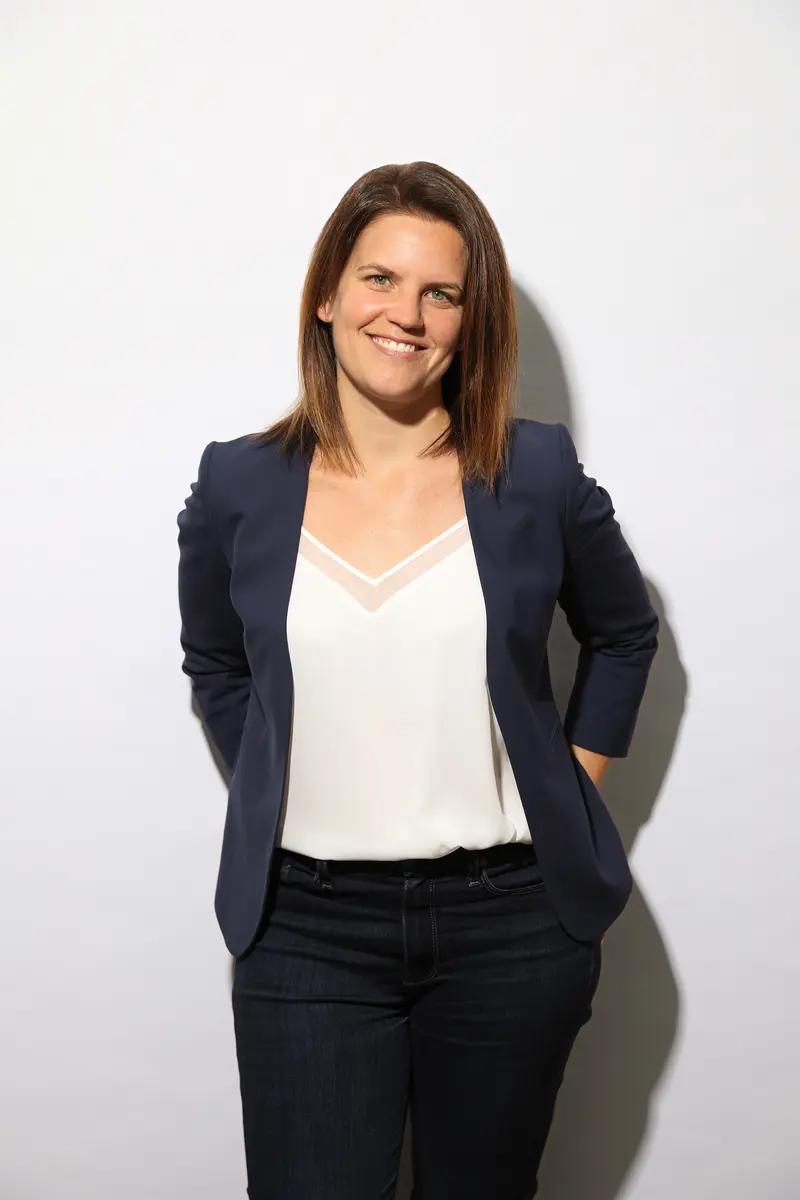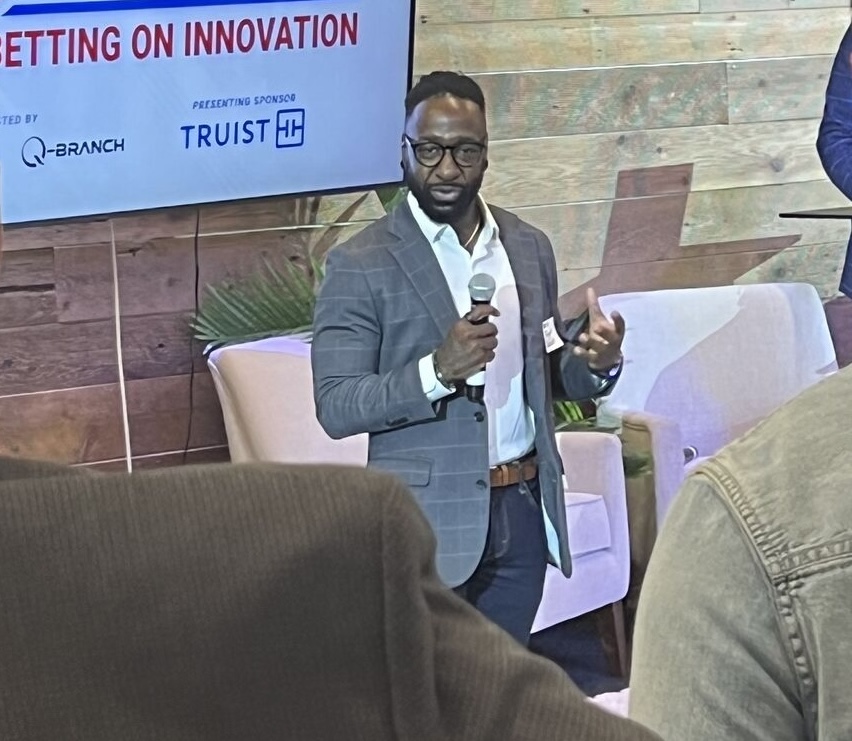Judy Faulkner, founder and CEO of Epic Systems, is a titan in the health tech industry.
Her company, valued at $4.9 billion, provides electronic health records (EHR) for 325 million patients worldwide. Thanks to Faulkner’s technology, she helped transform how healthcare institutions all over the world manage patient files for healthcare institutions.
In 2024, Faulkner was named on Forbes 400 (#154) and America's Self-Made Women (#3). Through her success, Faulkner became one of a select few women to achieve billionaire status, with a net worth of $7.7 billion.
Faulkner's upward trajectory is one few can imagine. But, as will all success, it took immense hard work and dedication.
Born to Lead Health Tech
Faulkner grew up in a family where both her father, a pharmacist, and her mother, a physician, inspired her interest in medicine and healthcare. She learned she was a gifted coder and taught herself computer programming.
Faulkner began her academic journey in 1961, earning a bachelor's degree in mathematics from Dickinson College. She then went on to study computer science at the University of Wisconsin, where she met Professor Warner Slack, who was teaching one of the first courses on computers in medicine.
In the early 1970s, while she was working on her Master’s, Faulkner began working with a physicians' group at the University of Wisconsin to develop a database for tracking patient clinical information over time. By 1976, at the recommendation of a professor, Faulkner decided to write the code that would lead to the creation of Epic.
In 1979, Faulkner began coding using a single Data General Eclipse 16-bit minicomputer, which was about the size of a modern washer-dryer. She eventually felt confident enough to launch the software as a business.
At the end of 1995, the company had secured 100 clients across the country and employed 125 people to support them. By 2003, Epic landed its largest contract ever, securing a deal with Kaiser Permanente system to provide software for 30 hospitals, 423 medical offices, and over 11,000 physicians.
“Too Dangerous”
Initially, everyone told her the product was too dangerous to invest in – fearing the potential fallout.
“So finally we got some people to use it and they started talking about it and then it went like wildfire,” she told ViVe in an interview. “It took us a couple of years for people to start using it.’
But, even then, it was pure luck as she was told later.
“The CEO who came to talk to our user’s group meeting said the only reason he decided to use it was because his CIO came up to him, handed some papers and said, ‘We need this piece of software,’ so he signed it,” she continued. “And then said if he knew what he was signing, he never would have signed it.
Surprisingly, Epic Systems has never raised venture capital or made acquisitions, instead choosing to develop all its software in-house. Faulkner has always rejected outside funds, maintaining this policy throughout the lifespan of the company.
Even when her partner pushed raising capital, she simply said, ‘No, we’re not going to do that.” Losing control of the company was a non-negotiable for her.
To this day, Epic has never taken a dime from outside investors.
Looking to the Future
Epic Systems has earned it’s spot as a global leader in EHR software. In the U.S. alone, The company currently maintains half of the population's medical records. With a client list that includes Cleveland Clinic, Mayo Clinic, and Johns Hopkins. Despite this, Epic has maintained a low-key presence in the public eye – mostly avoiding advertising and foregoing an official marketing department.
In addition to her leadership at Epic, Faulkner is also a philanthropist. In 2015, she shared with Modern Healthcare magazine that she was establishing a foundation to hold the majority of her Epic stock, with the goal of funding nonprofits and keeping the company privately owned.
That same year, she signed the Giving Pledge, committing to donate 99% of her wealth to charitable causes. Through her Roots & Wings Foundation, Faulkner provides support to low-income children and families.
But even as she remains silent about her own future plans, she still shows up for work every day and maintains the highest level of respect among her coworkers – and the rest of the health tech world.
“They, in turn, see Faulkner as ‘brilliant,’ Mike Hegyi, senior systems architect, an Epic employee since 1992, added when speaking to AP. “She just has this knack of leading us in the right direction. But if you talk to her, she is modest, very humble and does not like being in the spotlight.”
When asked what her main goals for the company are, she says it’s “to have the best EHR in the world.”
“I want “Best Care for my Patient” to get out – that’s one of my main goals. Ease of use for the doctors is critical. So what I really want is for all the work we’ve done to make the system easier and easier to use.”





